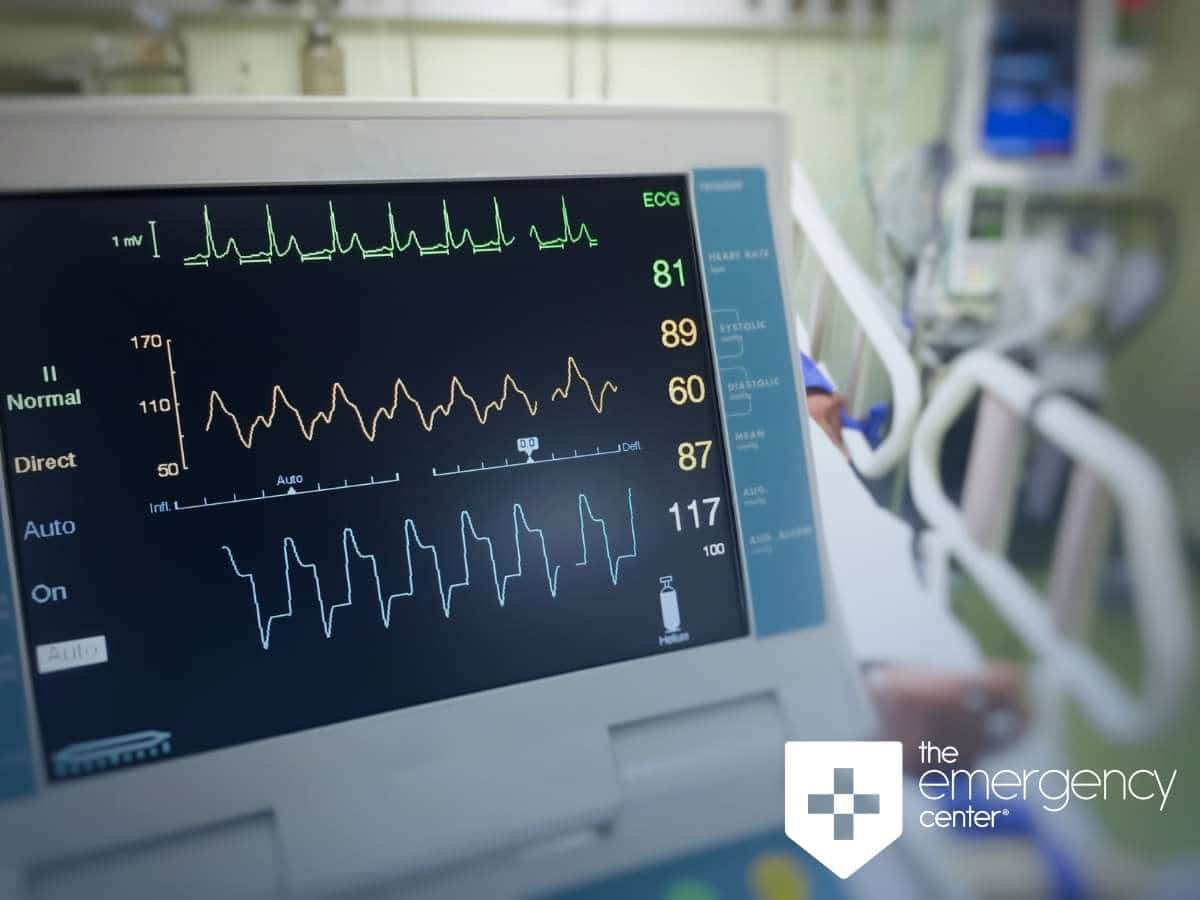What Causes AFib?
Atrial Fibrillation: An Irregular Heartbeat That Could Increase Your Risk Of Heart Attack & Heart Disease
In healthy people, strong, steady heartbeats pump blood from the upper chambers of the heart (atria) to the bottom chambers (ventricles). However, if you have AFib, your heart performs short, arrhythmic quivers that move very small amounts of blood. Because of this, blood can pool inside the heart and raise your risk for blood clots, strokes, heart attacks, heart failure, and other conditions.
A simple way to think about AFib is to imagine a wet sponge. One good, strong squeeze will drain the sponge of most of its liquid. Rapid, weak compressions, however, won’t do much to get the water out.

AFib Risk Factors
AFib is seen most commonly in older adults and those with a chronic health condition, such as diabetes, sleep apnea, obesity, high blood pressure, and kidney, lung, or heart disease. Women develop AFib more frequently than men, and you may also have an increased risk if someone in your family has the condition.
People who smoke, consume alcohol and/or caffeine, or take medications that act as stimulants are also at increased risk.
What Are The Signs & Symptoms Of AFib?
The types and symptoms of AFib vary widely.
-
Paroxysmal Atrial Fibrillation
is a type of AFib that occurs irregularly—it can happen a few times a year or multiple times a day. It may resolve itself, or it may require treatment.
-
Persistent Atrial Fibrillation:
Lasts longer than a week.
-
Long-Standing Atrial Fibrillation:
Lasts longer than a year.
In All Of These Cases, Signs Of AFib May Include:
- fluttering or thumping in your chest
- general fatigue
- dizziness
- shortness of breath
- anxiety
- weakness
- confusion
- sweating
- chest pain or pressure
Sometimes, AFib presents no symptoms at all. Your doctor can only uncover this kind of “silent AFib” during an annual physical. That’s why it’s so important to see your doctor regularly. If he or she discovers you have AFib, you can work together to take preventive steps that help you potentially avoid a heart attack or other complication.
Good Ways To Prevent Or Treat AFib Include:
- lowering your blood pressure
- not using tobacco products
- taking any medications your doctor prescribes
- practicing good habits that boost your heart health, including eating a healthy diet, exercising, and managing high blood pressure if you have it
The Emergency Center offers advanced CT screenings that can evaluate your arteries and help you avoid an unnecessary hospital admission. Come visit our convenient 24/7 location whenever you experience concerning symptoms, including chest pain.
Sources: alittleafib.org, heart.org, heart.org, heart.org, medlineplus.gov, strokeassociation.org, stroke.org

The Emergency Center
San Antonio
11320 Alamo Ranch Pkwy
San Antonio, TX 78253
Phone: 210-485-3644
Conroe
4019 I-45 N,
Conroe, Texas 77304
Phone: 936-247-9457
